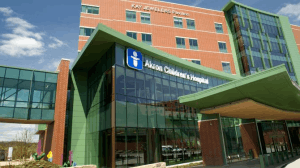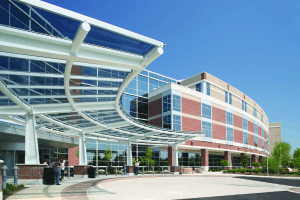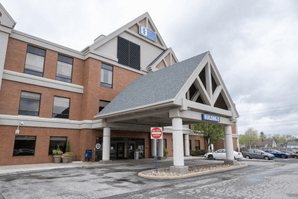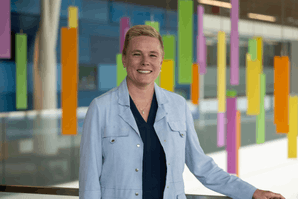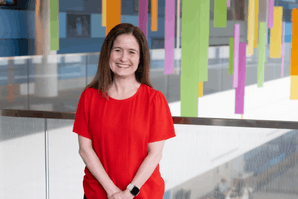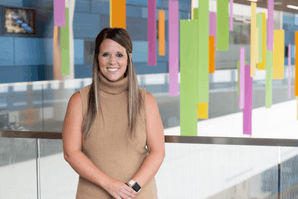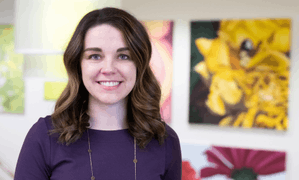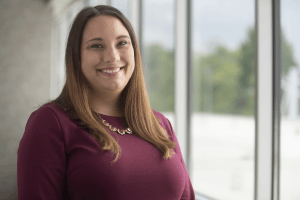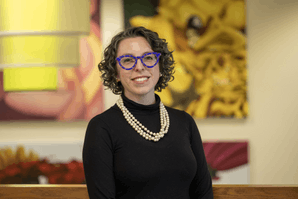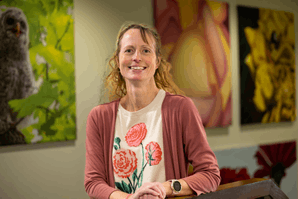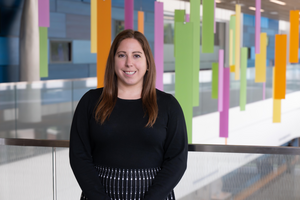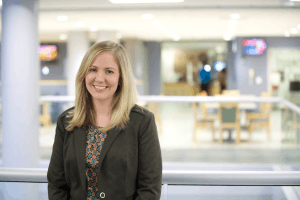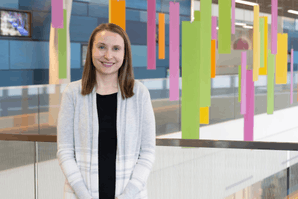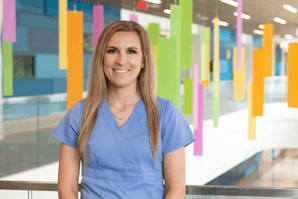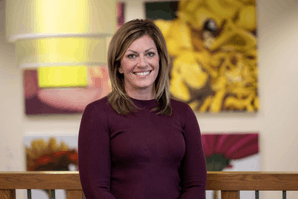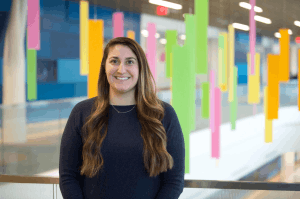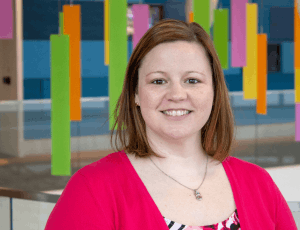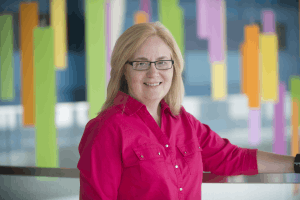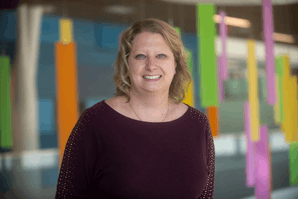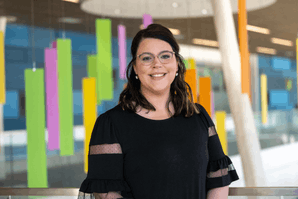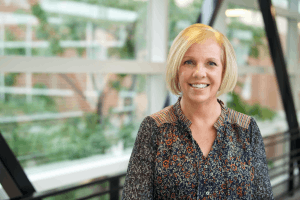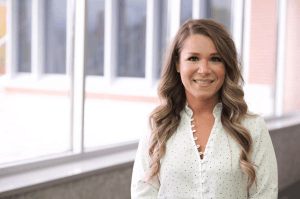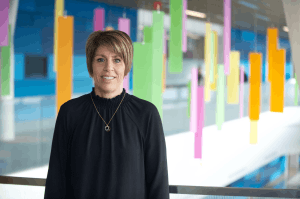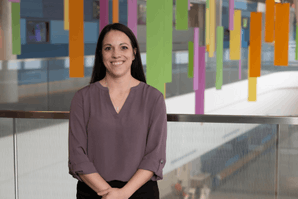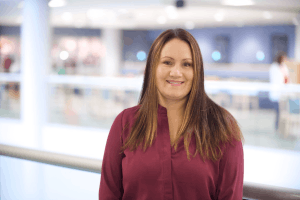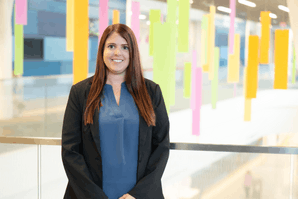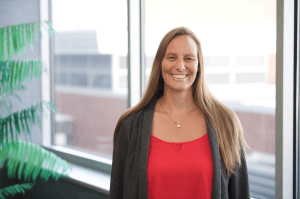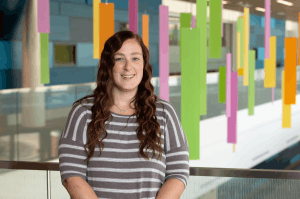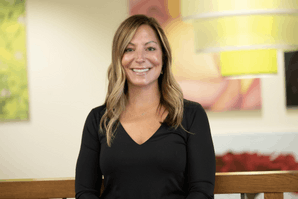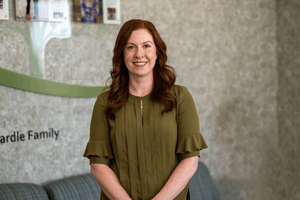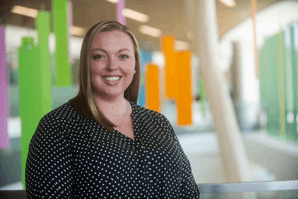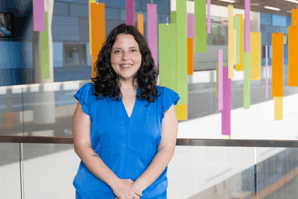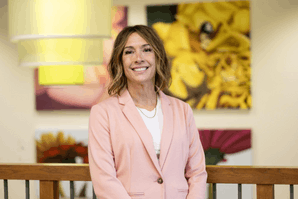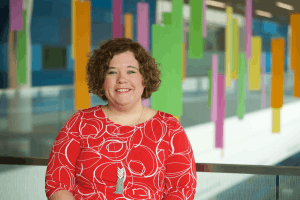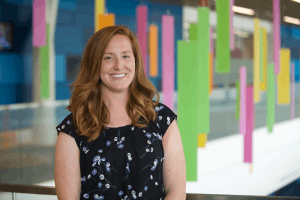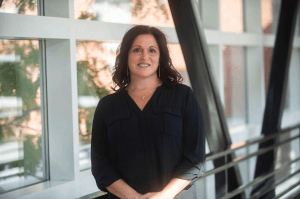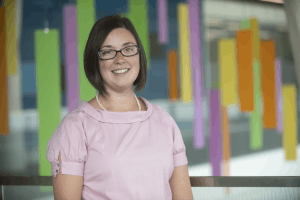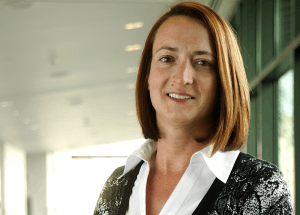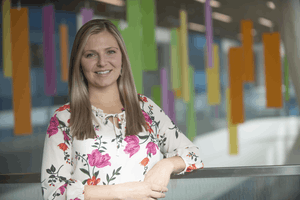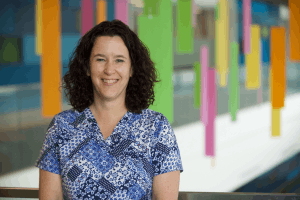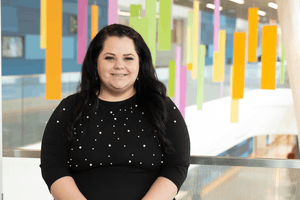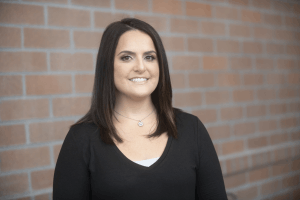Neonatal Intensive Care (NICU)

We provide the highest level of intensive care to sick and premature newborns in our neonatal intensive care (NICU) and special care nursery units.
Akron Children's Neonatology and NICU program was ranked #26 in the Newsweek and Statista America's Best Children's Hospitals 2024 - Newsweek Rankings.
Learn more...
About Neonatology (NICU)
Among the common conditions we treat in our neonatal intensive care unit are breathing, intestinal and surgical problems, congenital heart defects, prematurity, and very low birth weight. To do this, our NICU and special care nursery teams provide a quiet and nurturing environment that closely mimics the womb with subdued lighting and noise; slow, gentle motions when treating preemies; and swaddling to provide a sense of security.
Research has shown that these practices result in:
- fewer days on the ventilator
- earlier feeding success
- shorter hospital stays
- reduction in complications
- improved neuro-developmental outcomes during the first 18 months of life
Once settled in the NICU or special care nursery, your baby will receive care tailored to their specific needs. We are not only committed to providing the most advanced neonatal intensive care, but also to providing you with the emotional and practical support you need through parent mentors and lactation consultants.
We also encourage Kangaroo Care, or skin-to-skin contact between parent and newborn as part of care in our NICU. This has been shown to stabilize vital signs, such as heart and respiratory rates, and lessen the need for oxygen, while also encouraging bonding.
In addition, we’re a member of the Vermont Oxford Network, a data-sharing collaboration of neonatal professionals worldwide, and one of only 12 centers to be part of the network's quality improvement initiative called, "Your Ideal NICU."
NICU, Akron Children's
Akron Children's NICUKay Jewelers Pavilion
177 West Exchange Street
Level 6
Akron, Ohio 44302
Map & directions
More about this location...
Hours
Department: 330-543-8352
NICU, Summa Health
Akron Children's NICU at Summa HealthSumma Health - Akron Campus
141 North Forge Street
Akron, Ohio 44304
Fax: 330-375-7416
Map & directions
More about this location...
Hours
Department: 330-375-3528
NICU, Canton
Akron Children's NICU at Aultman HospitalAultman Birth Center
2600 Sixth Street Southwest
Bedford Building, 4th floor
Canton, Ohio 44710
Map & directions
More about this location...
Hours
Department: 330-363-5433
NICU, Boardman
Akron Children's NICU at St. ElizabethSt. Elizabeth Boardman Hospital
8401 Market Street
Boardman, Ohio 44512
Map & directions
More about this location...
Hours
Department: 330-729-4250
Special Care Nursery, Boardman
Akron Children's Special Care Nursery, Boardman6505 Market St.
Boardman, Ohio 44512
Fax: 330-746-8681
Map & directions
More about this location...
Hours
Department: 330-746-8680
Special Care Nursery, St. Joseph Warren Hospital
Akron ChildrenŌĆÖs Special Care Nursery, St. Joseph Warren Hospital667 Eastland Ave. SE
Warren, Ohio 44484
Map & directions
More about this location...
Hours
Department: 330-841-2365
Special Care Nursery, Wooster
Akron Children's Special Care Nursery at Wooster Community HospitalWooster Community Hospital
1761 Beall Ave.
Wooster, Ohio 44691
Map & directions
More about this location...
Hours
Department: 330-263-8100
Marya Strand, MD, MS
Chair, Department of Neonatal and Perinatal Medicine; Thomas R. & Mary Lynn Crowley Endowed Chair in Neonatology and Maternal Fetal Medicine; Director, Division of Neonatology; Neonatologist
Jennifer Grow, MD
Interim Director, Division of Neonatology; Medical Director, Akron NICUs; Clinical Professor of Pediatrics - Northeastern Ohio Medical University
Melissa Swaney, MSN, APRN-CNP
Senior Director, Neonatal Advanced Practice Providers; Neonatal Nurse Practitioner
Conditions and Treatments:
birth defect, failure to thrive, hyperbilirubinemia, jaundice, respiratory distress syndrome, retinopathy of prematurity, transient tachypnea-newborn













